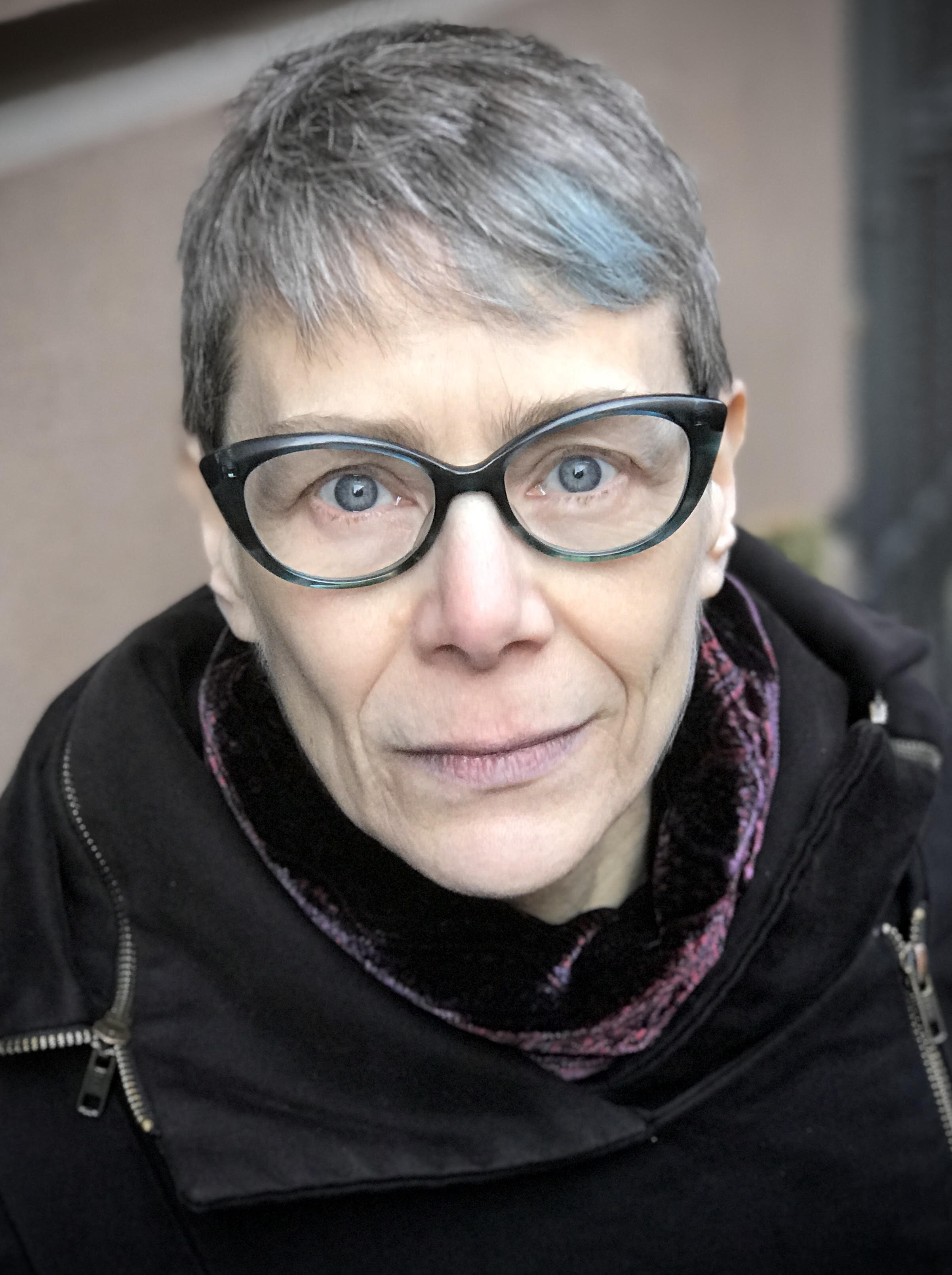SHE TOOK TO LIGHTING FIRES — MARIANNE WORTHINGTON
/The fire in the burn barrel was enough to keep her warm while she stood in the bitter air. She dropped old receipts and bank statements into the flames, watching them catch and curl at the edges then dissolve into ashes that danced above the barrel.
We can’t just throw them out, her husband had said. Thirty-three years of marriage meant there were boxes and boxes of old papers stuffed in the shed.
She couldn’t remember the last time she had stood next to a fire.
Her mother had a patch in the back yard that she had used for burning trash. A charred oblong about the size of a car, just at the top of the hill. Her mother tended the fires, transfixed, bewitched, as she did now.
Once, her mother thought the fire was out and went inside the house to make a phone call. Three back yards burned up while her mother sat in the ladder-back chair next to the phone in the hallway, oblivious. She couldn’t run to tell her mother as she stood in the driveway and watched the fire overwhelm the yards. She couldn’t cry out. Or wouldn’t. The skipping flames, the smoke, the thick scorch in her nostrils simultaneously consoled and delighted her.
If she just tipped over this barrel right now, the sugar maples and wild firethorn at the edge of the woods would blaze easily and burn all the way to the creek.
Marianne Worthington is co-founder and poetry editor of Still: The Journal, an online literary magazine publishing Appalachian literary, visual, and musical artists since 2009. Her work has appeared in Oxford American, CALYX, Grist, and Vinegar and Char: Verse from the Southern Foodways Alliance, among other places. She received the Al Smith Fellowship from the Kentucky Arts Council and artist’s grants from the Kentucky Foundation for Women and the Berea College Appalachian Sound Archives Fellowship. She is co-editor of Piano in a Sycamore: Writing Lessons from the Appalachian Writers’ Workshop and author of a poetry chapbook. She lives, writes, and teaches in southeast Kentucky.












